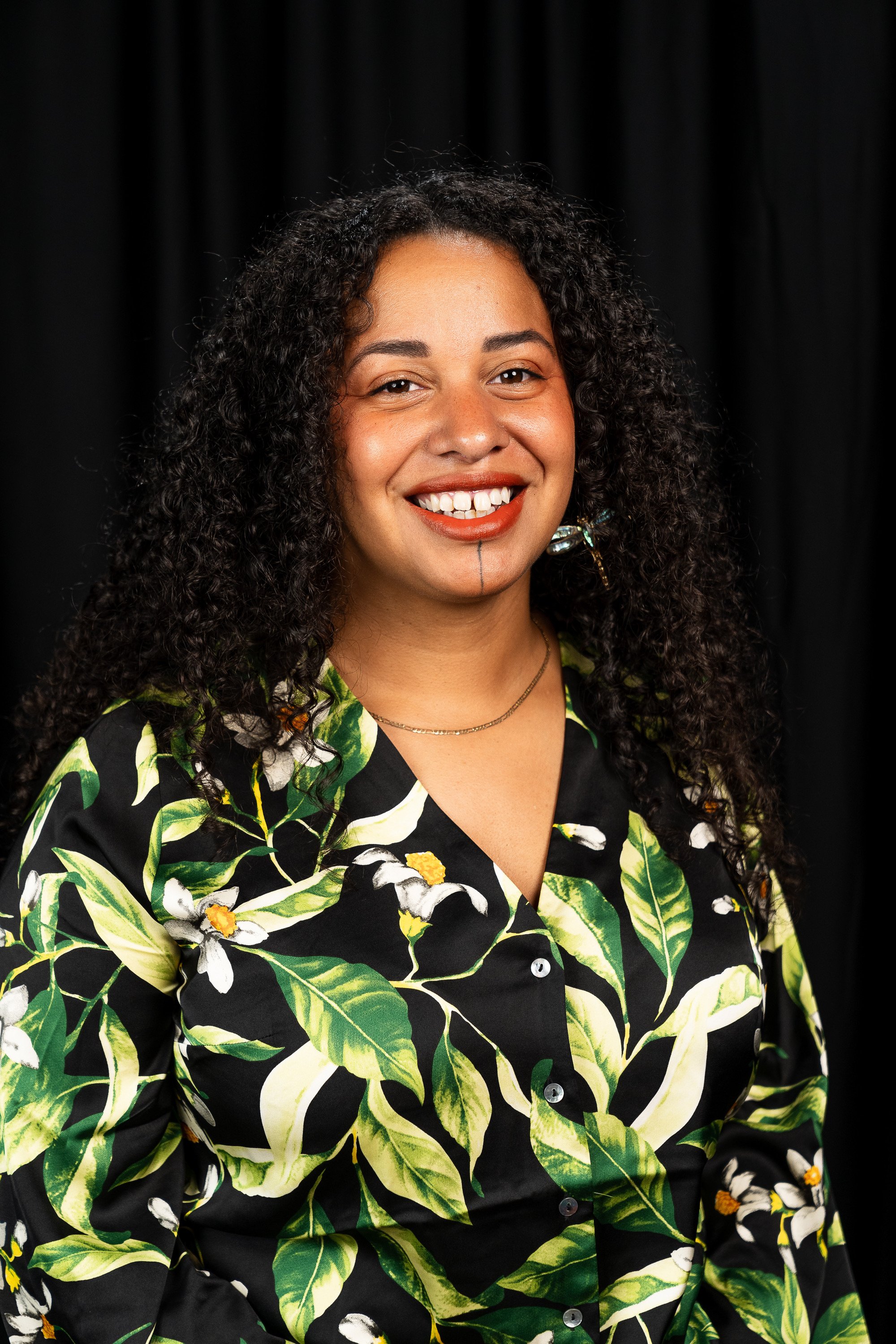Alexas Janae E. Ramirez
Director
Born in unceded Lipan Apache and Coahuiltecan territories, known as Yanawana (San Antonio, TX), Alexas was adopted at birth and grew up in Western and Central NY. She attended Ithaca College and graduated with a Bachelor of Music in Composition in 2012. After graduating, she was quickly absorbed into the community, and embarked on a path of exploration that led her back to nature and her indigenous roots: Guaní (Taino), Coahuiltecan, Guachichil, and Black. She says, “for the last few years I have cultivated a deeper relationship with seeds, birthwork, health and the land through her traditional Indigenous culture. I believe that through a harmonious relationship with nature, we can begin to restore equilibrium, as individuals, and as a human collective.” She is a birthworker, an herbalist, a seed-keeper, food sovereignty advocate, music teacher, director and co-founder of the Traditional Center for Indigenous Knowledge and Healing, owner of f l x s, healing-informed support services, and a strong advocate for traditional Indigenous culture with her family. At home with her family and several dogs, they steward 32 acres of land, farm, and enjoy the wildlife on their rural homestead in the Southern Finger Lakes. Currently, her spare time is consumed with fibers arts, including spinning, dying and weaving, as well as beading.
Maya Luz Soto
Programs and Communications Manager
Maya Luz Soto (Boriken Taino, Absentee Shawnee, Settler [European], Wolf Clan) was born and raised on unceded Gayogohó:nǫʔ (Cayuga Nation) territory in Upstate New York and now resides in Yanaguana (San Antonio, Texas). Her parents are the late Robin Soto, Shawnee Wolf Clan, and late Jose Soto, Boriken Taino, Water Clan. She is a land steward, seed keeper, farmer, herbalist, birthworker, and co-founder of the Traditional Center for Indigenous Knowledge and Healing. Throughout her youth, Maya was brought up with Indigenous traditions and life-ways that have guided and led her through each obstacle life has provided. She has always been deeply rooted in community organizing and has a lifelong commitment to Indigenous resistance. Above all, Maya envisions and works towards a future in which our Indigenous nations are liberated through sovereignty; she sees relationship building, intertribal/cross-cultural exchange, and a return to nature/Indigenous life-ways as integral steps in this direction. Maya is a co-founder of the Traditional Center for Indigenous Knowledge and Healing and owner of a small business, Del Alba.
Art Lopez
Traditional Ecological Knowledge Practitioner
Art Lopez is from the so-called Central Valley, California. Impacted by the carceral system, Art began the process of finding himself through a college education, spirituality, and the healing of childhood trauma. Now, he seeks to work with others to give back to the community through advocating for troubled youth and working with Indigenous communities. Art began practicing Traditional Ecological Knowledge (TEK) under Ali Meders-Knight, Mechoopda tribal member and master TEK practitioner in Northern California. His personal mission is to give back to the land and people through the practice of Indigenous Traditional Ecological Knowledge.


